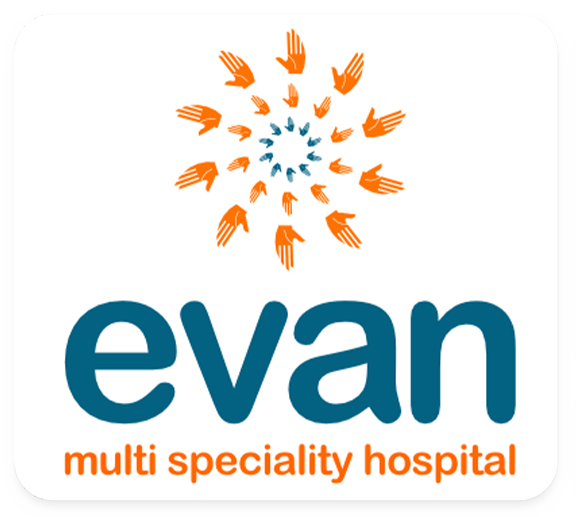diagnosis, treatment, and management of
Heart-related conditions
The cardiology department in Evan Hospital is a specialized unit dedicated to the diagnosis, treatment, and management of heart-related conditions. It comprises a multidisciplinary team of healthcare professionals, including cardiologists, cardiac surgeons, nurses, technicians, and support staff, who work together to provide comprehensive care to patients with heart disease. Here is a detailed description of the components and services typically found in a cardiology department:
1. Cardiac Consultation Services:
- Cardiologists conduct initial evaluations and consultations for patients with symptoms or risk factors suggestive of heart disease.
- They assess patients’ medical history, perform physical examinations, and order diagnostic tests to determine the underlying cause of symptoms.
2. Diagnostic Testing:
- The cardiology department offers a wide range of diagnostic tests to evaluate heart function, including electrocardiography (ECG or EKG), echocardiography, stress testing, Holter monitoring, and cardiac catheterization.
- Advanced imaging techniques such as cardiac MRI and CT angiography may also be available for more detailed assessment of heart structure and function.
3. Interventional Cardiology Services:
- Interventional cardiologists perform minimally invasive procedures to diagnose and treat coronary artery disease, heart valve disorders, and other cardiovascular conditions.
- Common interventional procedures include coronary angioplasty, stent placement, percutaneous coronary intervention (PCI), and transcatheter aortic valve replacement (TAVR).
4. Cardiac Catheterization Laboratory (Cath Lab):
- The cath lab is equipped with specialized imaging and monitoring equipment for performing diagnostic and interventional cardiac procedures.
- It is staffed by cardiologists, nurses, and technicians trained in catheter-based procedures, ensuring optimal patient safety and outcomes.
5. Cardiac Surgery Services:
- The cardiology department collaborates with the cardiac surgery team to provide comprehensive care for patients requiring surgical intervention for heart conditions.
- Cardiac surgeries may include coronary artery bypass grafting (CABG), valve repair or replacement, congenital heart defect repair, and implantation of cardiac devices such as pacemakers and defibrillators.
6. Heart Failure Management:
- Cardiologists specializing in heart failure management provide comprehensive care for patients with advanced heart failure, including medication management, device therapy (e.g., ventricular assist devices), and evaluation for heart transplantation.
7. Electrophysiology Services:
- Electrophysiologists diagnose and treat heart rhythm disorders (arrhythmias) using specialized techniques such as electrophysiological studies (EPS) and cardiac ablation.
- They may implant pacemakers, defibrillators, and cardiac resynchronization therapy (CRT) devices to manage arrhythmias and improve heart function.
8. Outpatient Clinics:
- The cardiology department may have outpatient clinics where patients receive follow-up care, medication management, and lifestyle counseling to promote heart health and prevent future cardiac events.
- These clinics may specialize in specific areas such as preventive cardiology, lipid management, or heart failure management.
9. Rehabilitation Services:
- Cardiac rehabilitation programs help patients recover from heart surgery or cardiac events such as heart attacks and provide education and support for lifestyle changes, exercise training, and stress management.
10. Research and Education:
- Many cardiology departments are actively involved in clinical research, conducting studies to advance knowledge and improve treatments for heart disease.
- They also play a role in medical education, training medical students, residents, and fellows in cardiology through academic programs and clinical rotations.
Overall, the cardiology department in hospitals plays a critical role in diagnosing, treating, and managing heart disease, helping patients achieve better outcomes and improved quality of life.

Cardiology
